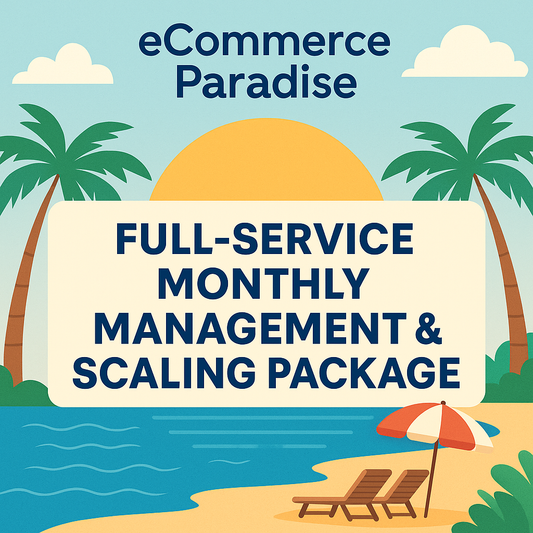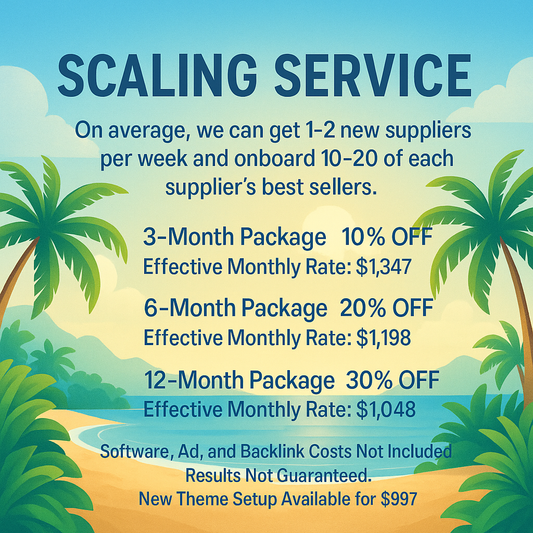
Best Cell Phone Plans for Every Budget and Need in 2025
The best cell phone plans give people reliable service, plenty of data, and good prices each month. Picking the right plan depends on how much data a person uses, their budget, and if they need extras like unlimited texting or international calls.
Many top companies like Verizon, AT&T, Mint Mobile, and Visible offer plans for different needs. Some are better for families, while others fit people who want to save money with just basic features. Comparing these choices helps people find a plan that matches their lifestyle—and presenting these comparisons effectively online can benefit from ecommerce SEO to ensure customers find the best deals through search engines.
Quick List: Best Cell Phone Plans
- Google Fi
- Mint Mobile
- Visible Plus
- AT&T Unlimited Extra
- Total Wireless
- Verizon
- Boost Mobile
- US Mobile
- Ultra Mobile
- Consumer Cellular
- TextNow
- Now Mobile
- Bell
- Rogers
- Virgin Plus
- Fido,
- Lucky Mobile
- Chatr
- AT&T Mobility
- UScellular
- United Wireless
- TracFone Wireless
Types of Cell Phone Plans
Cell phone plans come in different forms to fit various needs and budgets. Some plans require you to pay before using them, while others bill you after each month, with options for unlimited calls, texts, and data.
Prepaid Cell Phone Plans
Prepaid cell phone plans ask the user to pay for service before they use it. Many people like prepaid plans because they help control spending and require no credit checks or contracts.
These plans are easy to find from carriers like TracFone Wireless and Total Wireless. TracFone Wireless offers basic plans with limited data, talk, and text. Total Wireless provides more options, including their Total 5G Unlimited plan.
Users can start or stop service at any time. Most plans offer a set amount of data each month. Some allow data rollover if not all is used. Extra data, calls, or texts usually cost more if someone needs more than their plan includes.
A short table comparing two prepaid options:
| Provider | Plan Name | Data (per month) | Approx. Price |
|---|---|---|---|
| TracFone | 2GB Plan | 2GB | $20 |
| Total Wireless | Total 5G Unlimited | Unlimited | $50 |
These plans work well for people who want freedom and no contracts.
Postpaid Cell Phone Plans
Postpaid cell phone plans bill you at the end of each month. These are common with larger providers, such as AT&T and Verizon. Some postpaid plans require a credit check.
Most postpaid plans give users more features compared to prepaid options. This can include better roaming, priority data speeds, and perks like streaming service discounts. AT&T Unlimited Extra is a popular postpaid plan with unlimited talk, text, and data, plus hotspot access.
Family plans are common, allowing several users to share one account. These plans often reduce the cost per person. If users use more data than their plan gives, speeds can slow down after a certain point.
Customers usually sign a contract or pay off their phone over a set time. Postpaid plans are a good choice for those wanting more perks and consistent service.
Unlimited Plans
Unlimited plans offer unlimited calls, texts, and data for a single monthly fee. The price is usually fixed, regardless of how much is used.
AT&T Unlimited Extra provides unlimited high-speed data and a set amount of hotspot data each month. US Mobile also offers unlimited plans with several options for add-ons, such as extra hotspot data or international calling.
Total Wireless has the Total 5G Unlimited plan, which comes with no set data limit, though speed may slow at times of high network use. Unlimited plans are popular among heavy data users, including families and people who stream a lot. Most plans still have fair use guidelines, so speeds might be reduced after a certain data limit.
Key benefits of unlimited plans include:
- No overage fees
- One simple monthly bill
- Usually includes nationwide coverage
These plans can cost more each month but often provide peace of mind for frequent phone users.
Top Providers for the Best Cell Phone Plans
Different cell phone providers offer plans built for a range of needs, including unlimited data, affordable monthly costs, and coverage in the U.S. and abroad. Some focus on flexible pricing, while others are known for extensive networks or low-cost international calling.
Major Carriers
The top major carriers in the U.S. are Verizon, & AT&T Mobility. They own the largest networks and provide broad nationwide coverage.
Verizon is known for its strong rural and suburban coverage, along with 5G access in most cities. AT&T Mobility provides solid reliability and several unlimited data options. T-Mobile often leads with competitive pricing and fast data speeds in cities.
Each major carrier usually has several plan tiers:
- Unlimited data plans
- Family or multi-line discounts
- Monthly device payment options
UScellular is a smaller carrier with good coverage in the Midwest, and United Wireless serves select rural regions. Most major carriers also offer international add-ons for calls and roaming.
Value and Prepaid Providers
Value carriers like Mint Mobile, Boost Mobile, and Consumer Cellular focus on lower monthly rates. They often use the networks of the major carriers, so coverage and speeds are similar.
Mint Mobile offers multi-month discounts starting at $15 a month for basic plans. Consumer Cellular is popular with seniors and provides flexible plans without contracts. Boost Mobile is known for prepaid options, letting users pay in advance and avoid credit checks.
Visible Plus stands out for a straightforward unlimited plan on Verizon’s network. TextNow gives users a free phone number and basic calling over Wi-Fi. Ultra Mobile aims at people who make international calls, offering low rates to many countries.
International Plan Options
Travelers or people calling abroad may need special features. Google Fi offers flexible international plans, with coverage in over 200 countries, and easy switching between networks for better speeds.
Ultra Mobile and Now Mobile focus on low-cost international calling plans. Ultra Mobile lets users call over 80 countries from the U.S. without extra fees.
Canada has its own set of providers: Bell, Rogers, Virgin Plus, Fido, Lucky Mobile, and Chatr. These carriers provide plans for locals and visitors, with options for unlimited nationwide texting, data, and roaming in North America. Some offer budget-friendly prepaid plans for short-term stays.
How to Choose the Best Cell Phone Plan
Choosing a cell phone plan involves looking closely at usage habits, budget, and device needs. It's important to compare options based on real service factors, not just advertising.
Comparing Data, Talk, and Text Options
People use their phones in different ways. Some mainly need data for streaming and apps, while others call or text more often. Plans often come with set limits or unlimited options for data, talk, and text.
Unlimited plans like AT&T Unlimited Extra allow users to use their phones without worrying about going over limits. For those who use a lot of data, this is often the best choice. However, unlimited options may slow down after a certain amount of use.
If someone mostly uses Wi-Fi or does not stream videos, a limited data plan may cost less. Some plans charge extra if you go over your limits, so it's important to check monthly usage before picking a plan.
Here's a quick comparison:
| Plan Type | Best For | Possible Limits/Bottlenecks |
|---|---|---|
| Unlimited | Heavy data users | Slower speeds above certain usage |
| Limited Data | Light/moderate users | Overage fees, strict limits |
| Talk & Text Only | Basic phone use | No data; just calls and texts |
Network Coverage and Reliability
Network coverage decides how reliable a phone plan is in daily life. Verizon is well-known for broad coverage, especially in rural areas. Other carriers like AT&T also have large networks, but coverage can change by location.
Checking a coverage map for home, work, and travel areas is smart. Dropped calls or slow data can happen in spots with weaker signals.
Reliability also depends on the carrier’s network type. Some smaller providers use the same network as bigger carriers, but may have slower speeds during peak hours. Testing the carrier with a prepaid plan before switching long-term can help avoid surprises.
When deciding, focus on these points:
- Check the carrier’s network map online.
- Ask friends or family about their experience in your area.
- Consider trying a short-term or prepaid plan first.
Pricing and Hidden Fees
Cell phone pricing can be confusing. Advertised prices often do not include taxes, fees, or charges for features like mobile hotspots or international calling.
Most plans now show a monthly price but might add costs for extra lines or go up after promotions end. Some deals, like Best Cell Phone Plans lists, may offer discounts for autopay or paperless billing.
Before signing up, look at a full price breakdown. Look for:
- Line access fees
- Device payments if buying on installment
- Roaming charges when traveling
Some plans have discounts for multiple lines. If you have family or friends willing to share, family plans can be cheaper per person. Always read the fine print to spot hidden costs before choosing.


















